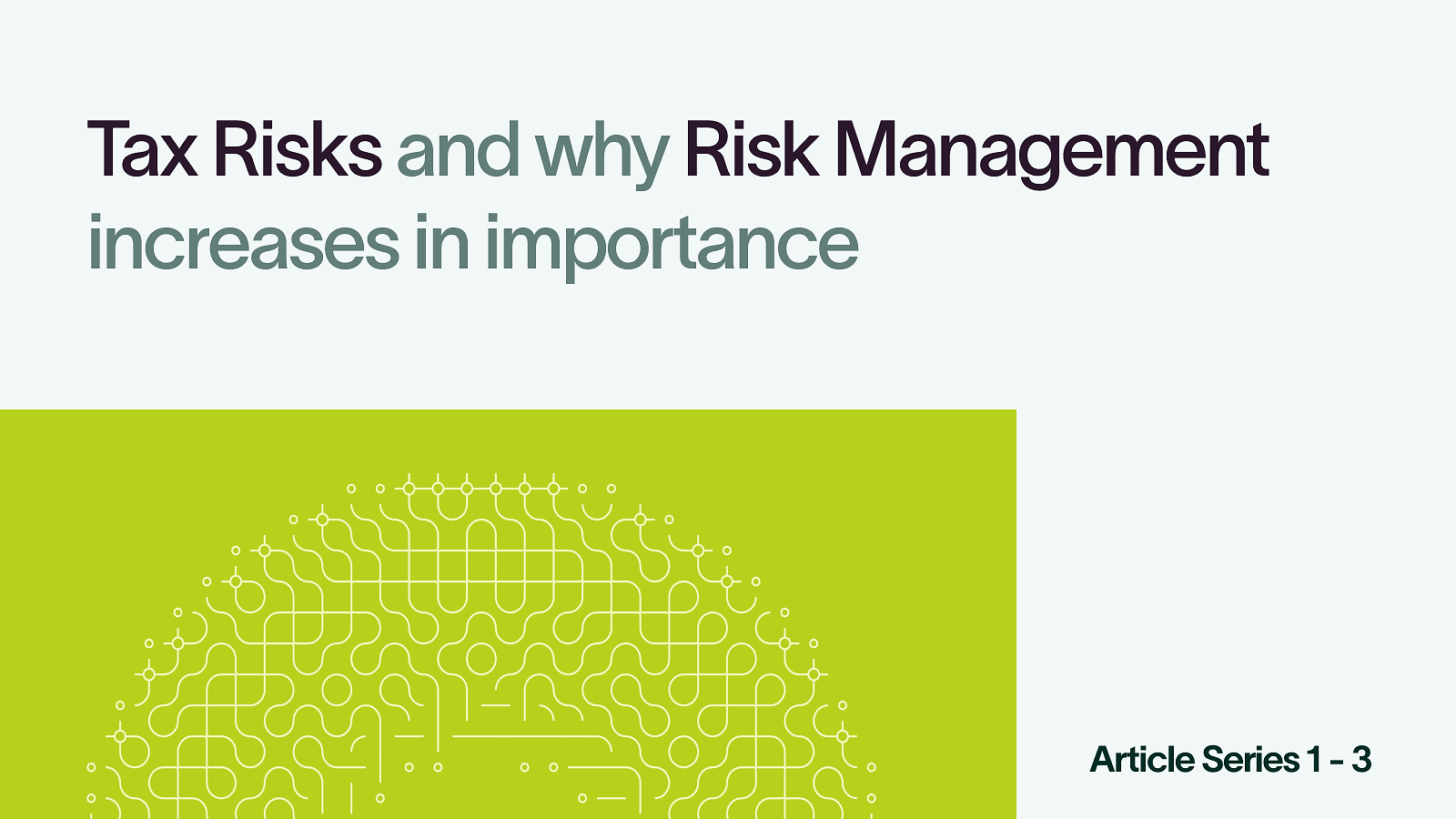The Significance of Recognizing the Importance of Risk Management in Various Industries

The Core Concept of Risk Management and Its Objective
Risk Management, the keystone of several industries, hinges on the identification, evaluation, and reduction of unpredictabilities in an organization environment. By properly recognizing prospective threats, organizations can develop approaches to either avoid these dangers from happening or reduce their effect. When threats have actually been recognized and evaluated, the reduction process involves developing methods to reduce their prospective effect.
Benefits of Carrying Out Risk Management in Company Workflow

Unveiling the Duty of Risk Management in Different Industries
While every market confronts its one-of-a-kind set of threats, the execution of Risk Management methods continues to be a typical in their search of sustainability and development. In the medical care field, Risk Management requires ensuring client safety and security and data defense, while in financing, it entails mitigating financial investment risks and making certain regulative compliance. Ultimately, the duty of Risk click this site Management across sectors is to identify, evaluate, and minimize dangers.
Real-life Case Research Studies Showing Effective Risk Management
To recognize the significance of Risk Management in these several industries, one can look to numerous real-life instances that show the effective application of these measures. Toyota, post the 2011 quake in Japan, changed its supply chain Management to reduce disturbance risks. These situations show just how industries, discovering from situations, successfully applied Risk Management methods to reduce future risks.
Future Patterns and Advancements in Risk Management Approaches
As the world continues to advance, so too do the trends and developments in Risk Management techniques. Fast innovations in technology and data analytics are reshaping the Risk landscape. Big information and AI are currently instrumental in predicting and reducing dangers. Organizations are leveraging these devices to construct anticipating versions and make data-driven choices. Cybersecurity, as soon as an outer concern, has catapulted to the leading edge of Risk Management, with approaches focusing on discovery, avoidance, and reaction. The combination of ESG (Environmental, Social, Governance) factors into Risk Management is an additional growing trend, reflecting the increasing acknowledgment of the function that social and environmental threats play in service sustainability. Therefore, the future of Risk Management lies in the combination of sophisticated technology, innovative strategies, and an alternative approach.
Conclusion
To conclude, understanding the value of Risk Management across a spectrum of sectors is important for their longevity and prosperity. Customized techniques can aid alleviate potential risks, guard possessions, and foster stakeholder depend on. Additionally, aggressive decision-making help in my link regulatory conformity and maximizes resource usage. Eventually, successful Risk Management adds to more durable and sustainable companies, highlighting the value of this practice in today's extremely affordable and vibrant organization setting.
While every industry challenges its one-of-a-kind collection of dangers, the application of Risk Management strategies continues to be an usual in their quest of sustainability and growth. In the medical care field, Risk Management requires guaranteeing person security and information protection, while in money, it entails mitigating financial investment dangers and guaranteeing regulatory conformity. Eventually, the function of Risk Management throughout markets click to find out more is to recognize, examine, and minimize risks. These instances demonstrate just how industries, discovering from situations, properly applied Risk Management techniques to reduce future dangers.
